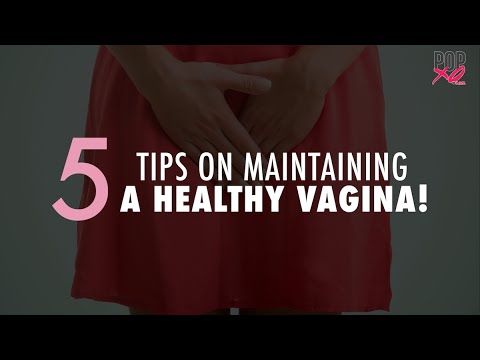
As women, maintaining good vaginal health is an essential aspect of overall well-being. It is important to understand the importance of maintaining a healthy vaginal ecosystem and the steps you can take to ensure its balance. In this article, we will discuss various strategies to maintain optimal vaginal health.
Understanding the Vaginal Ecosystem
The vagina is a dynamic ecosystem consisting of various microorganisms, including bacteria and yeast. These microorganisms help maintain a healthy pH balance and prevent the overgrowth of harmful bacteria. A balanced vaginal ecosystem is crucial to prevent vaginal infections and promote general vaginal health.
However, several factors can disrupt the natural balance of the vaginal ecosystem. These include hormonal changes, sexual activity, hygiene practices, certain medications, and underlying health conditions. It is important to be mindful of these factors and take proactive measures to maintain vaginal health.
Healthy Hygiene Practices
Proper hygiene is crucial for maintaining vaginal health. However, overwashing and using harsh soaps can disrupt the natural balance of the vagina. Here are some important hygiene practices to promote vaginal health:
Wash the external genital area with warm water and mild, fragrance-free soap.
Avoid using scented feminine hygiene products, as they can cause irritation and pH imbalance.
Avoid douching, as it can disrupt the natural vaginal flora.
After using the restroom, always wipe from front to back to prevent the spread of bacteria.
Wearing Breathable Undergarments
The type of underwear you choose can impact vaginal health. Tight, non-breathable fabrics can create a warm and moist environment, ideal for the growth of harmful bacteria. It is recommended to wear breathable cotton underwear to promote airflow and keep the vaginal area dry. Avoid wearing tight-fitting pants or pantyhose for extended periods.
Maintaining Healthy Sexual Practices
Sexual activity can affect vaginal health. Here are some tips to maintain a healthy vaginal environment while engaging in sexual activities:
Practice safe sex by using condoms. This helps prevent the transmission of sexually transmitted infections (STIs) that can disrupt the vaginal ecosystem.
Urinate before and after sexual intercourse to flush out any bacteria that may have entered the urethra.
Avoid using lubricants that contain harsh chemicals or allergens. Opt for water-based lubricants instead.
After intercourse, it is recommended to wash the genital area to prevent the buildup of sweat and bacteria.
Maintaining a Healthy Diet
A balanced diet is beneficial for overall health, including vaginal health. Incorporate the following nutrients into your diet to support vaginal health:
Probiotics: Consuming probiotic-rich foods like yogurt and kefir can help maintain a healthy balance of vaginal bacteria.
Omega-3 Fatty Acids: Foods high in omega-3 fatty acids, such as fatty fish and flaxseeds, can help reduce inflammation and promote vaginal health.
Vitamin C: Citrus fruits like oranges, strawberries, and kiwis are excellent sources of vitamin C, which can support a healthy immune system and prevent vaginal infections.
Regular Check-ups with a Healthcare Provider
Regular visits to a healthcare provider are important for maintaining vaginal health. They can help identify any potential issues early on and offer appropriate treatment. It is recommended to schedule routine gynecological examinations and discuss any concerns or changes you may have noticed.
Conclusion
Maintaining healthy vaginal health is crucial for overall well-being. By adopting healthy hygiene practices, wearing breathable undergarments, practicing safe sex, following a balanced diet, and scheduling regular check-ups, you can support a vibrant and balanced vaginal ecosystem. Prioritize your vaginal health, and take the necessary steps to promote optimal wellness.





